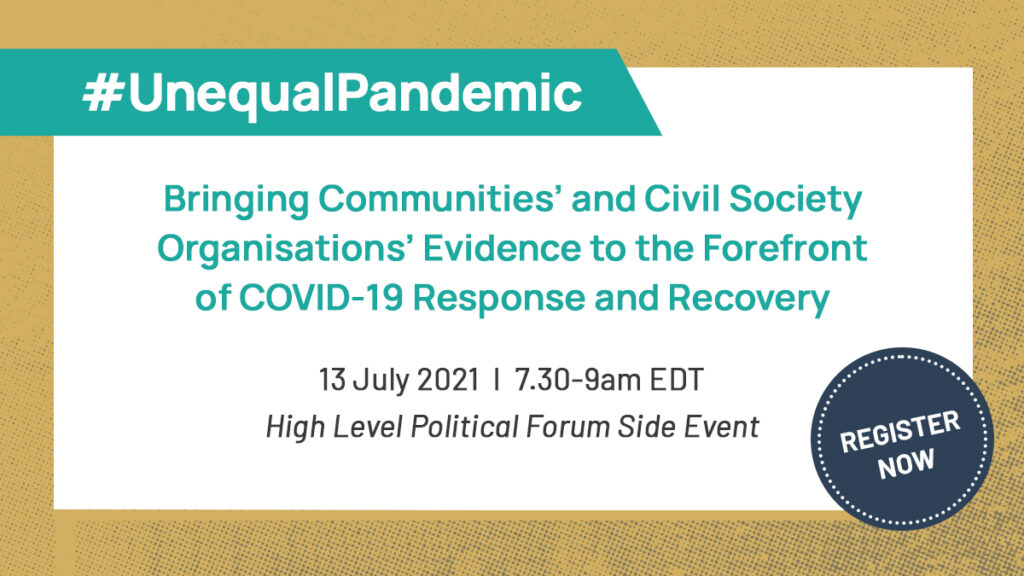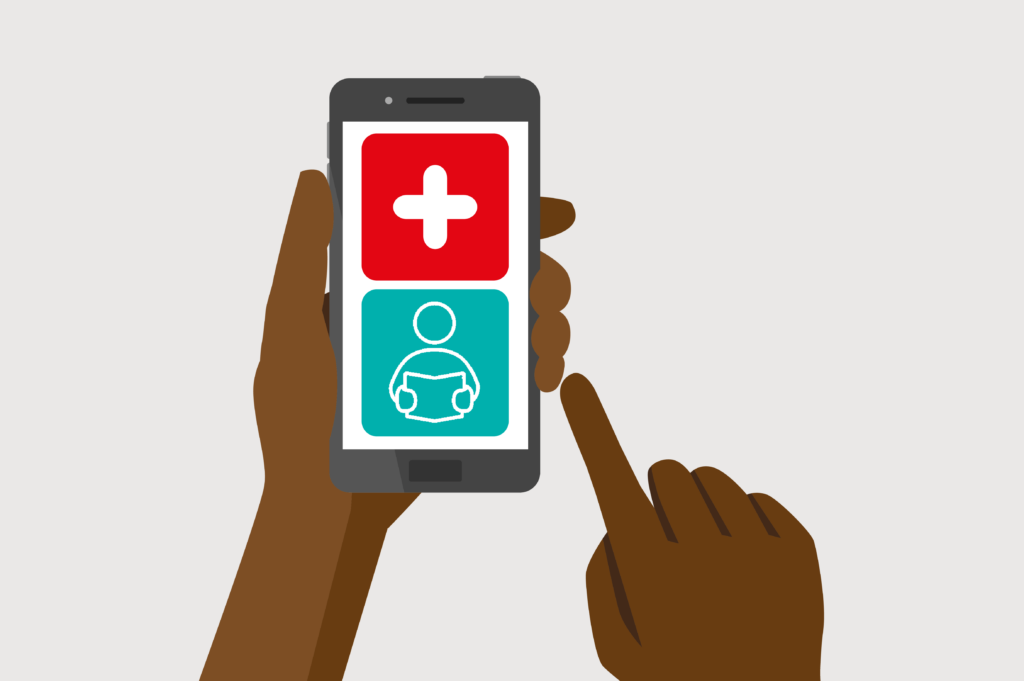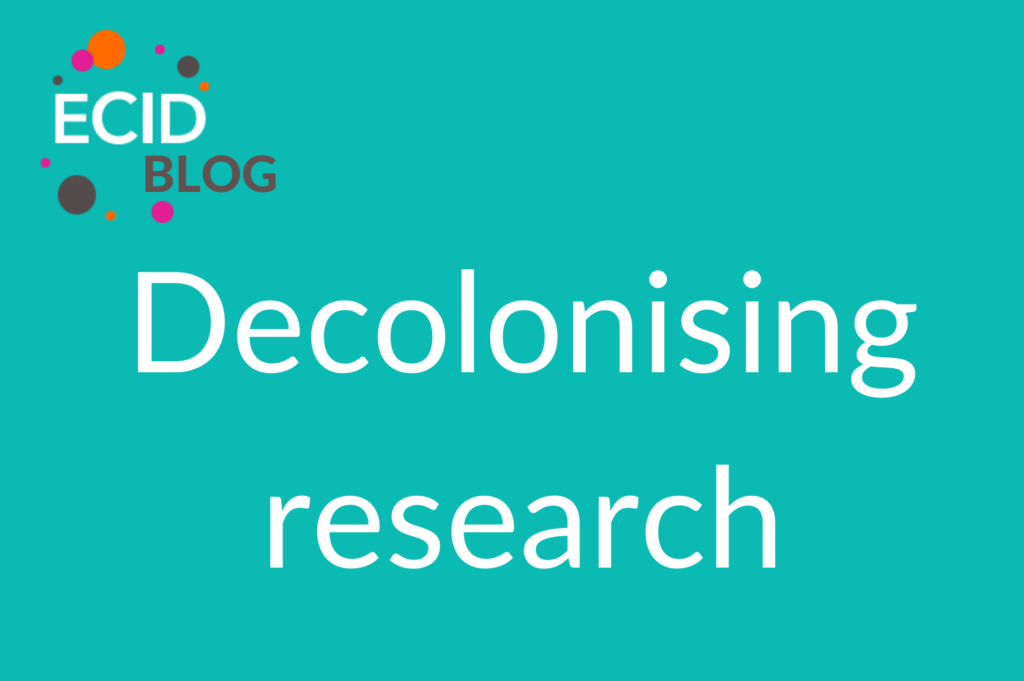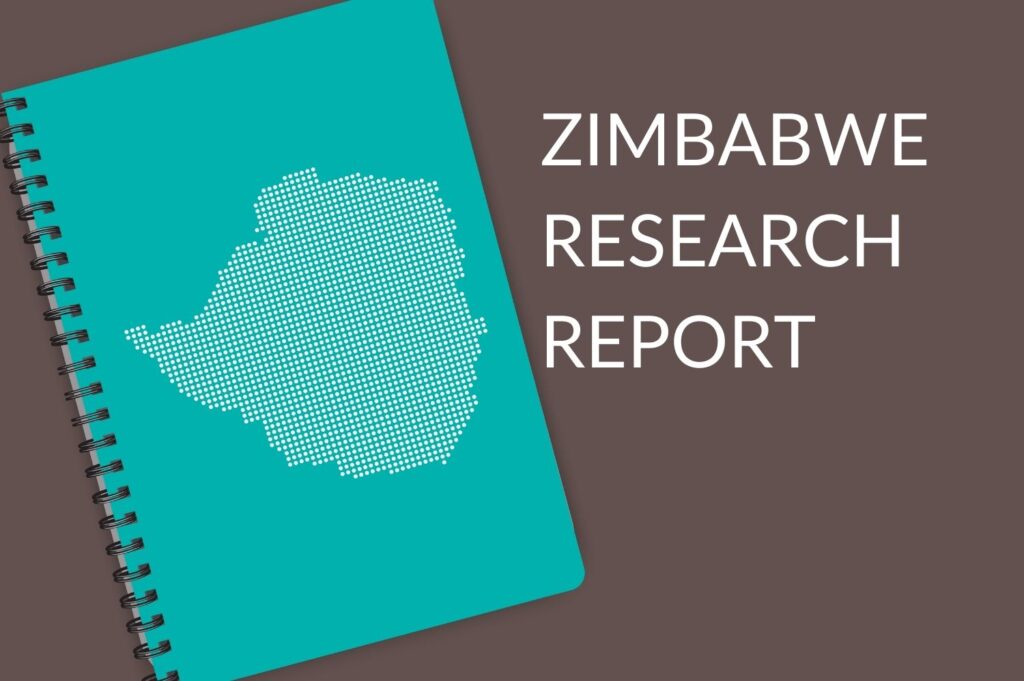#UnequalPandemic Launch
Civil Society Collaborative: Inclusive COVID-19 Data
The United Nations High Level Political Forum (HLPF) on the Sustainable Development Goals (SDGs) which began on 6th July aims to review progress towards the 17 SDGs and discuss ways to ensure a sustainable and resilient recovery from COVID-19 that puts us on track to realize the 2030 Agenda.
With the announcement of the first lockdown in India, millions of informal migrant workers, the majority from excluded communities such as Dalits and indigenous peoples, were left stranded with nowhere to go and without means to reach their home villages. Christian Aid and its partners responded with quickly with a helpline and practical support. We learned that this had happened because the numbers and situation of these workers was largely undocumented. Like many people who are marginalised, they simply hadn’t been counted.
The issues and challenges faced by people and communities Christian Aid and its partners work among are often invisible to policy makers because they aren’t reflected in official data. The efforts by governments and intergovernmental agencies to monitor important indicators of progress (such as access to health services, or experiences of discrimination) are often extensive but insufficiently granular, so that ‘big’ data and ‘average’ statistics fail to make disparities visible or address root causes. This undermines accountability to citizens, reduces trust in government, and makes it more difficult to progress rights and essential services for everyone.
Agenda 2030 for the Sustainable Development Goals has among it’s key ‘means of implementation’ support for better quality data disaggregated to reveal inequalities ‘as relevant in national contexts’. This is important to achieve the ‘leave no-one behind’ pledge enshrined in the Agenda and because axes of inequality and marginalisation vary from place to place.
As many people (especially women) face multiple forms of discrimination and exclusion that intersect and reinforce one another; and some of the most marginalised people and populations are minorities whose experiences are inadequately documented or recognised, it’s important that policies and practices are informed by more inclusive data. Much remains to be done to strengthen official data to adequately monitor progress towards SDG targets. To supplement this, data (both qualitative and quantitative) generated by citizens’ groups, NGOs and human rights organisations can provide important additional insights to guide policy and practice, and often reveal barriers, injustices and rights violations which may otherwise be ignored.
Among the contributors to the report were organisations involved in the UK Aid-funded Evidence and Collaboration for Inclusive Development project, a community-driven programme in Zimbabwe, Nigeria and Myanmar which has highlighted the importance of citizen-generated data and inclusive decision making, particularly with respect to public services provision. You can read more about the experiences and insights of some of the people involved here: https://evidenceforinclusion.org/our-true-voice/
The Unequal Pandemic report from the Civil Society Collaborative: Inclusive COVID-19 Data will launch at an official HLPF side-event on 13 July, 7.30-9am EDT.
Click below for event registration form




